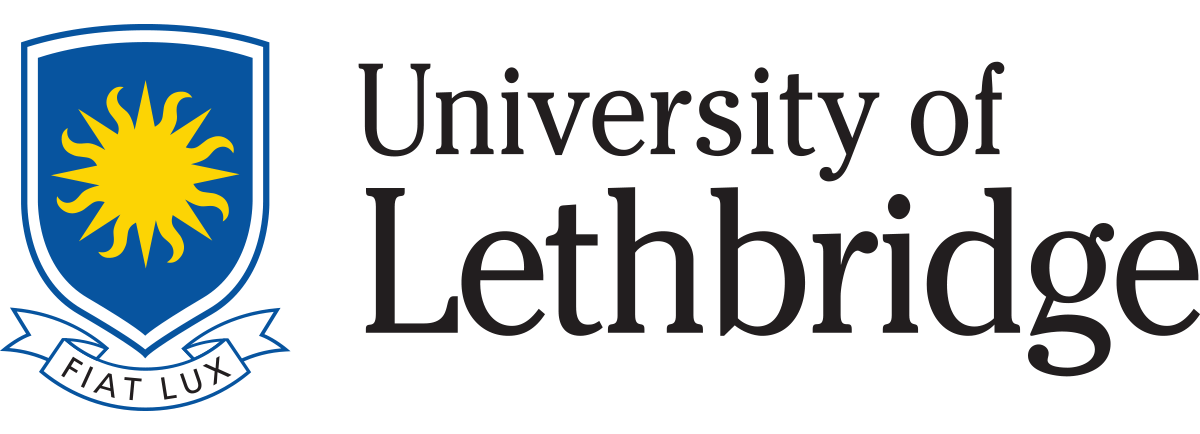Citation:
Abstract:
Much of the empirical evidence on developing economies indicates that the basic intertemporal model of the current account fails to predict
the dynamics of the actual current account series. This article argues
that the model can predict the dynamics of the current account series if it is appropriately adjusted to reflect the nature of capital mobility and
exchange rate policies in these countries. Using data on Ghana that span across capital control and liberalized regimes this article reports three finding. First, consistent with the existing empirical evidence, the basic model fails to predict the dynamics of the actual current account. Second, extending the basic model to capture variations in interest rates and exchange rates better explains the path of the actual current account balances only during the liberalized regime. Third, tests of asymmetric access to the international financial market indicate that economic agents in Ghana could not use the international financial market to smooth their consumption during the capital control regime. However, the liberalization program that reduced constraints on capital flows has enabled economic agents to use the international capital market to smooth consumption.


